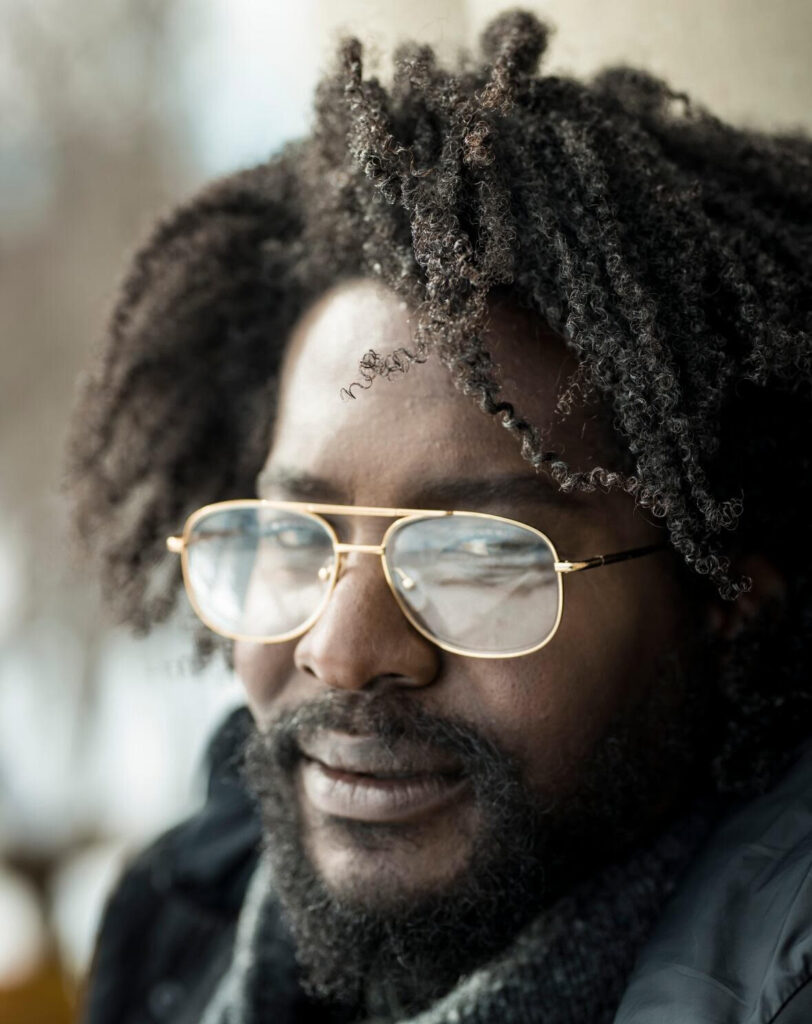“To give attention to something you really have to be kind of egoless”: a conversation with Lisa Moore and Eva Crocker
January 2024
“Attention is love, what we must give
children, mothers, fathers, pets,
our friends, the news, the woes of others.
What we want to change we curse and then
pick up a tool. Bless whatever you can
with eyes and hands and tongue. If you
can’t bless it, get ready to make it new.”
― Marge Piercy, The Art of Blessing the Day
I started this interview by reading this poem because it reminds me of the way you both write: you pay such attention.
Lisa Moore. That’s the best thing to hear, really. Attention … it’s a funny thing, because I think to give attention to something you really have to be kind of egoless, or in the moment. When you’re paying attention, there is no self. I think the world comes in. Being passive, being passive and accepting, and accepting things in. It’s not something that I can sustain for long bouts, but is it something you have to sustain for part, for some part, of the writing process.
Eva Crocker. There is sometimes a way of perceiving the world, for me it feels like being tuned in to a writerly mindset where I can be like, oh this would be a good idea for a short story, that will be a good idea for a short story,. Similarly you’re not always in that state, but when it comes over you it feels good to me.
Marcy, the central character in your novel, goes to life drawing classes, is that something you do?
EC. I have done some things like that. I really like drawing. I’m bad at it, but it is a kind of paying attention. It is a way of training your brain to be in that weird state of present and tuned out a little bit, meditative.
Lisa, you are also a visual artist, and I think your flair for that is evident in your text.
LM. Thank you.
Do you talk about your work, do you share work, do you critique each other’s work?
LM. We do. I really value Eva’s opinion, it’s really important to me. I’m her mom so she’s obviously much younger than me, let’s just let that cat put of the bag; besides the fact that she is a great writer herself, it is also really important to me to have that young perspective. Because the world is changing so fast and I think it’s always the case that youth has a grip on something that’s very alive and meaningful about how to adapt to change, for the better. There’s something about talking to someone who’s so much younger than me that makes me alive to a different perspective that’s important to me.

EC. Thank you mom, for saying that.
LM. You can’t say that my mother’s old.
EC. That’s not what I was going to say (laughs). I was going to say that I really appreciate that my mom asks my opinion and shares her work with me, early on, and also that she’s willing to read my stuff and give feedback. I really respect her as an artist so it feels so valuable to have that feedback, and then also the thing that when you’re sharing something with somebody who is super close to you and knows you and knows your life, they have a different kind of insight into it than a stranger would. In the same way that you interpret somebody’s dreams, and you know them, you can know why they’re feeling that way, or why they’re wanting to explore something. It’s a different level of intimacy and understanding.
Does Lisa ever give you a specific piece of advice, or do you just want her to be a sounding board?
EC. She gives specific advice, definitively; stuff about craft, too. There’s also another level that not anybody who’s a super talented writer would be able to respond to it in that way that feels very special.
LM. I think that because we are so close, and because art really matters to both of us, we are able to be honest with each other because we trust that the other person, if they’re saying that something needs to be changed, if they’re pointing out something that needs to be changed, they’re doing that for the betterment of the art. I think we both know that, we both trust each other totally on that front. So it’s easier actually to hear criticism when it’s coming from that place of making the work better.
EC. And I think when somebody loves you and respects you it’s easier to hear, yeah this one is no good.
Do you have similar working processes?
LM, I think Eva is far more … I don’t really know because we live in different cities and we’ve been living in different houses since you really began writing, Eva, I don’t think we ever lived together while we were full on writing, I just have this feeling that Eva’s more organized, more meticulous, I bet her desk is tidy before she sits down, these are my guesses.
EC. Well I don’t get up at four in the morning to do it. But I’m not super-tidy.
Do you both write every day?
EC. I definitely write in my journal every day. But I don’t always write stuff that I’m thinking about putting out into the world every day. But I would like to.
LM. I write something every day. Because of teaching I’m always considering writing. All day every day I’m considering something about the process of making art. Even when I’m picking up the groceries I’m probably thinking of some student’s work or my own work or Anne Enright’s work, I’m just reading her new book, it’s pretty constant.
Lisa Moore is the author of nine novels and short story collections, including her most recent book, This Is How We Love. She has been nominated and long listed for such prestigious awards as the Giller Scotibank and the Man Booker, and her novel February won Canada Reads in 2013 and has been adapted into an opera by Opera on the Avalon. Eva Crocker has also published short fiction and novels and All I Ask won the BMO Winterset Award in 2020. NQ spoke to Eva Crocker in Montreal; Lisa Moore joined us by Zoom.
Part two of this interview appears next week.



